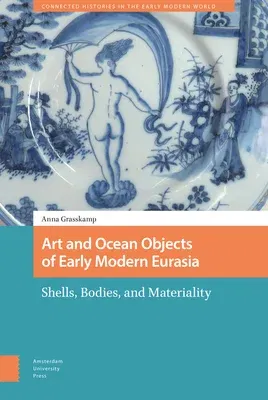Anna Grasskamp
(Author)Art and Ocean Objects of Early Modern Eurasia: Shells, Bodies, and MaterialityHardcover, 21 November 2021

Qty
1
Turbo
Ships in 2 - 3 days
Only 1 left
Free Delivery
Cash on Delivery
15 Days
Free Returns
Secure Checkout

Part of Series
Connected Histories in the Early Modern World
Print Length
220 pages
Language
English
Publisher
Amsterdam University Press
Date Published
21 Nov 2021
ISBN-10
9463721150
ISBN-13
9789463721158
Description
Product Details
Author:
Book Format:
Hardcover
Country of Origin:
US
Date Published:
21 November 2021
Dimensions:
24.61 x
16.99 x
1.6 cm
ISBN-10:
9463721150
ISBN-13:
9789463721158
Language:
English
Location:
Amsterdam
Pages:
220
Publisher:
Weight:
635.03 gm